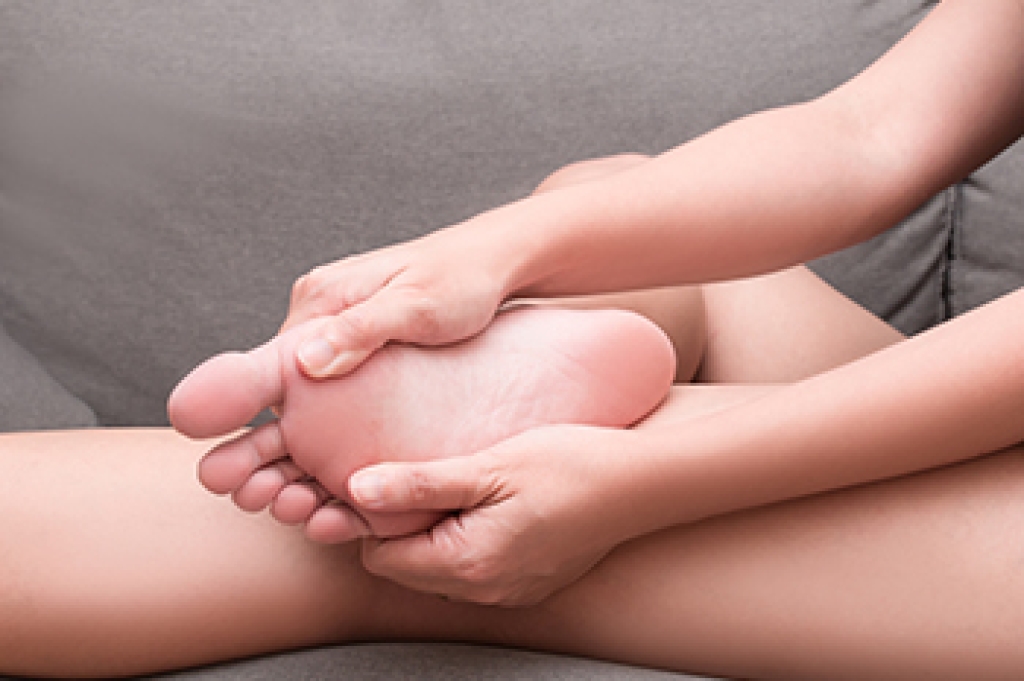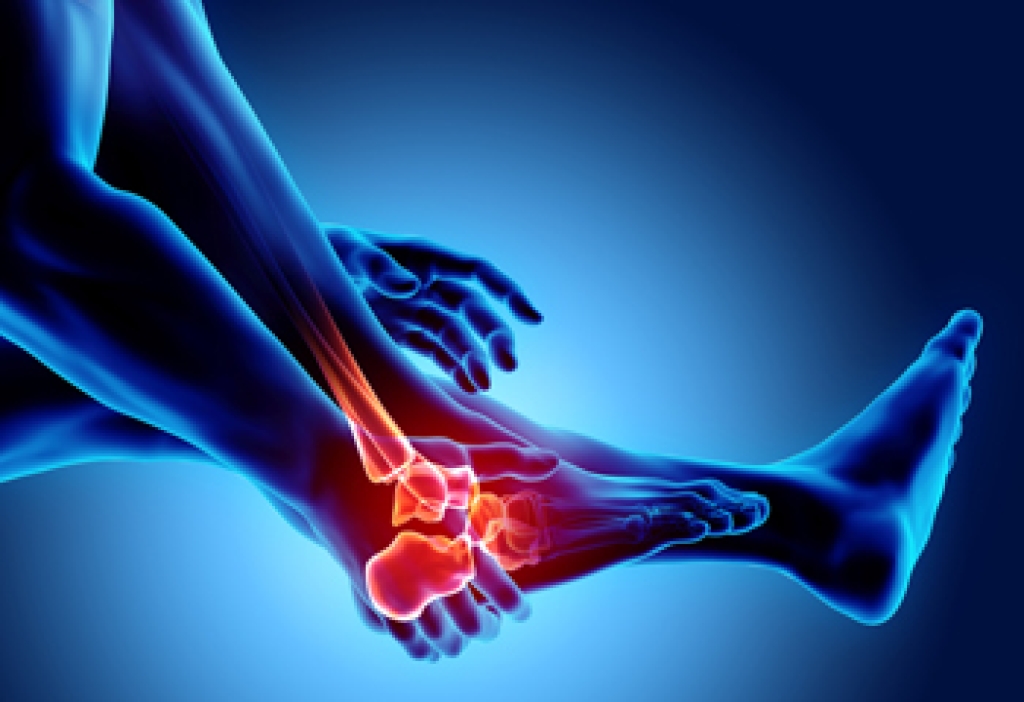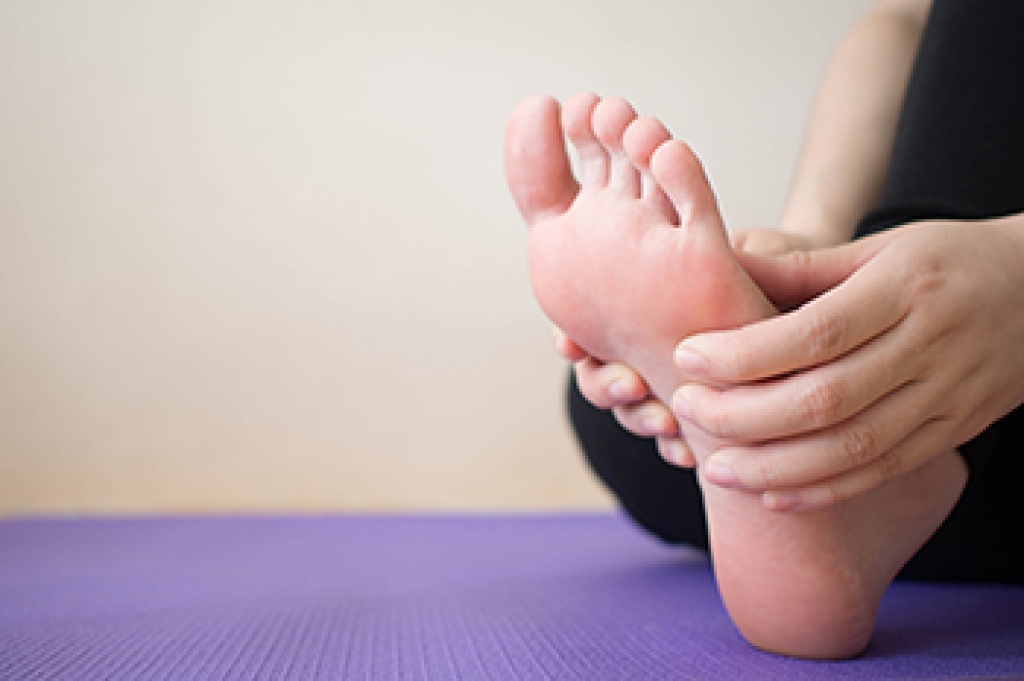
Toe pain caused by sesamoiditis often develops when the small sesamoid bones beneath the big toe become irritated from repeated pressure during walking, running, or increased time on hard surfaces. These tiny bones act like pulleys that help the big toe move smoothly and absorb weight with each step. People usually describe a sharp ache directly under the big toe that worsens when pushing off the ground or bending the toe upward. Higher arched feet can place more force under this area, and shoes that lack adequate support, like thin flip-flops, can add further strain. A podiatrist can examine the toe, assess how the sesamoids are functioning, and use imaging to rule out issues like stress fractures. Treatment focuses on reducing pressure under the big toe with offloading inserts, wearing supportive shoes, and changes in activity. Surgery is reserved for rare cases involving ongoing pain or structural problems. If you have symptoms of sesamoiditis, it is suggested that you schedule an appointment with a podiatrist for an exam and appropriate treatment.
Sesamoiditis is an unpleasant foot condition characterized by pain in the balls of the feet. If you think you’re struggling with sesamoiditis, contact Jeffrey Rosenblatt, DPM of New York. Our doctor will treat your condition thoroughly and effectively.
Sesamoiditis
Sesamoiditis is a condition of the foot that affects the ball of the foot. It is more common in younger people than it is in older people. It can also occur with people who have begun a new exercise program, since their bodies are adjusting to the new physical regimen. Pain may also be caused by the inflammation of tendons surrounding the bones. It is important to seek treatment in its early stages because if you ignore the pain, this condition can lead to more serious problems such as severe irritation and bone fractures.
Causes of Sesamoiditis
- Sudden increase in activity
- Increase in physically strenuous movement without a proper warm up or build up
- Foot structure: those who have smaller, bonier feet or those with a high arch may be more susceptible
Treatment for sesamoiditis is non-invasive and simple. Doctors may recommend a strict rest period where the patient forgoes most physical activity. This will help give the patient time to heal their feet through limited activity. For serious cases, it is best to speak with your doctor to determine a treatment option that will help your specific needs.
If you have any questions, please feel free to contact our office located in Brooklyn, NY . We offer the newest diagnostic and treatment technologies for all your foot care needs.




